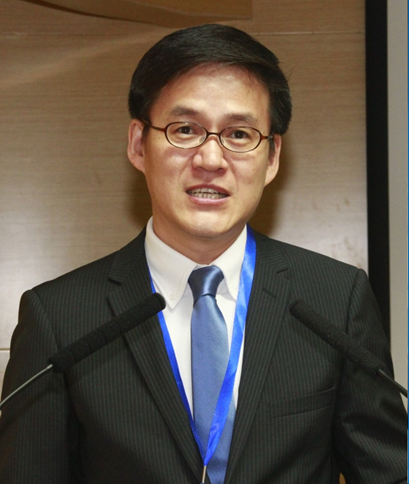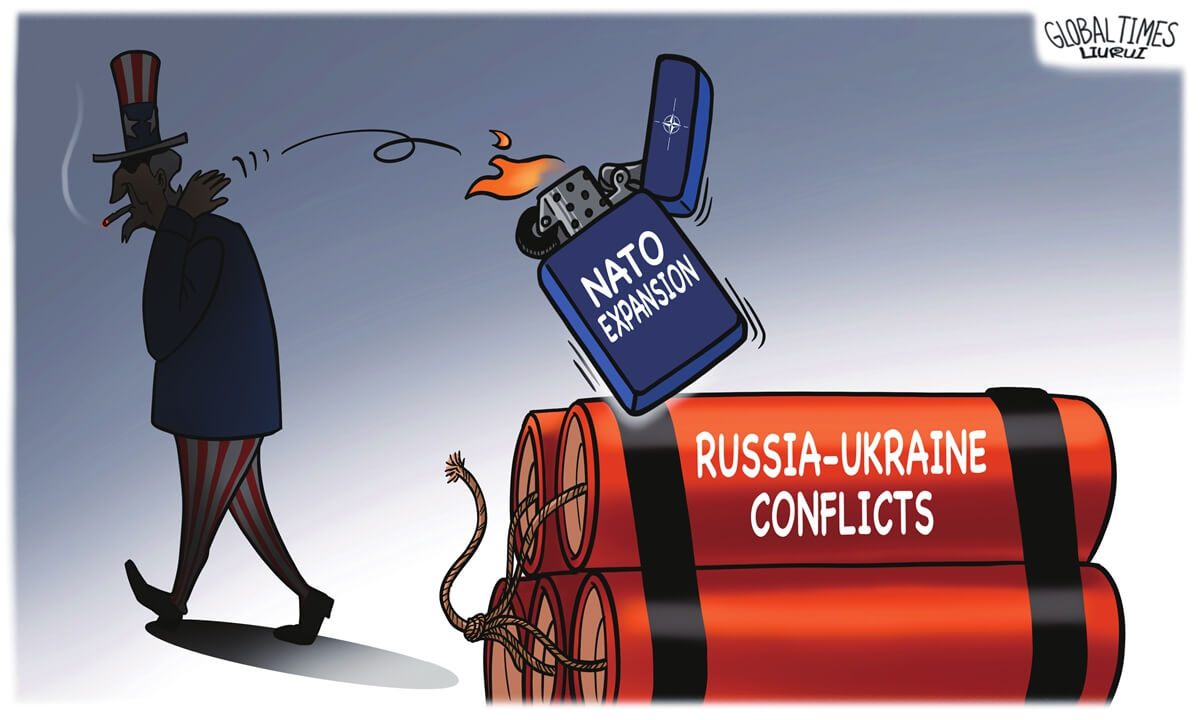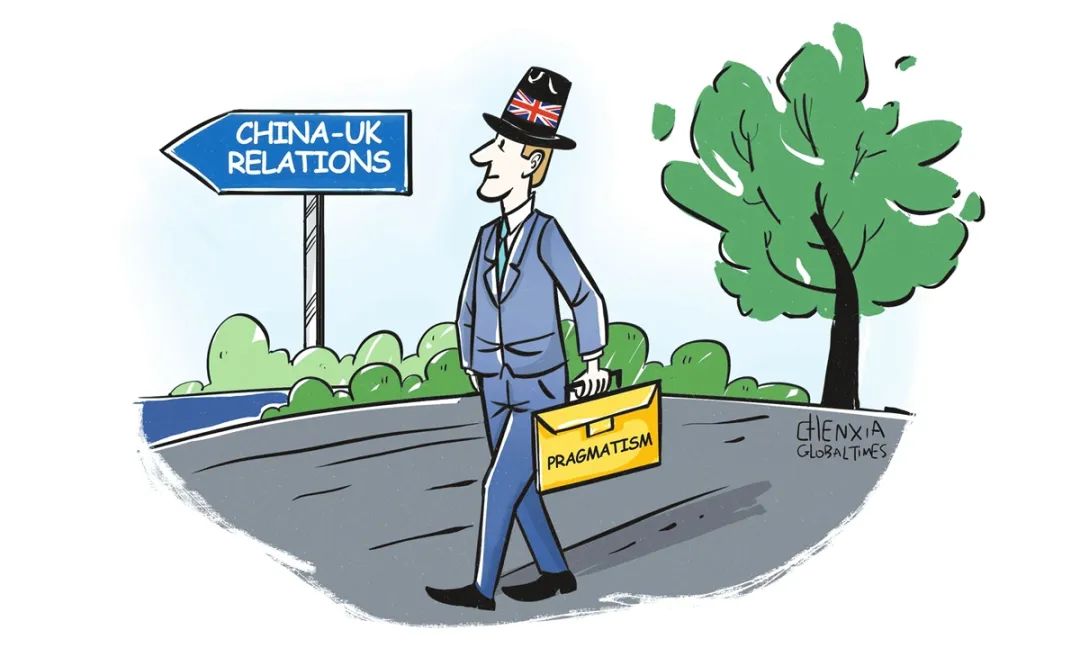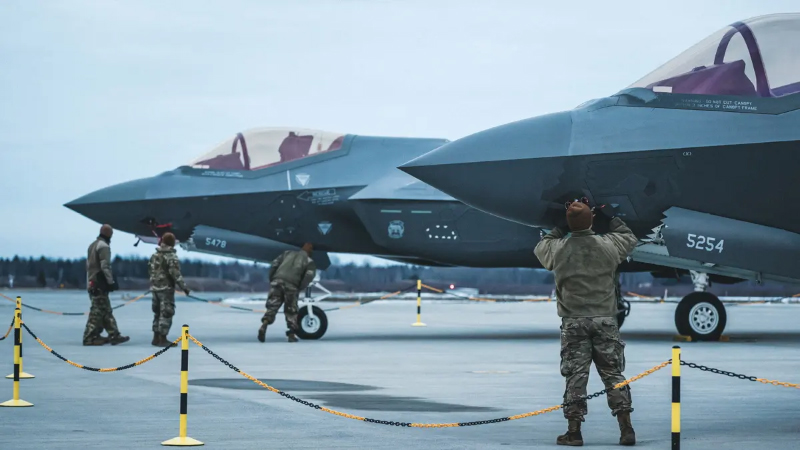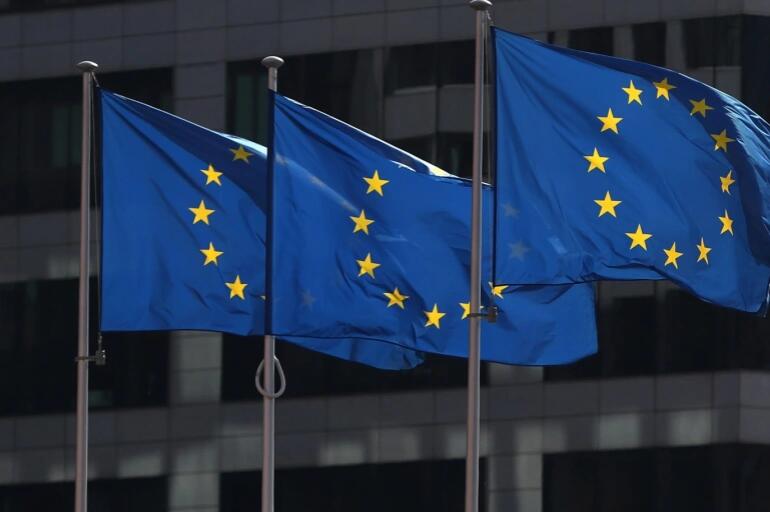
Russia's "special military operation" in Ukraine is undoubtedly one of the most serious geopolitical conflicts of global significance since the end of the Cold War. If it drags on, further escalation cannot be ruled out, which might lead to the most tragic armed conflict and the greatest humanitarian catastrophe since the end of WWII. At this moment, even the consequences that were previously unthinkable are coming to mind. How can the civilized world put an end to this armed conflict through consultation as soon as possible?
The disastrous zero-sum game mentality.
Looking at the words and deeds of the parties and their supporters in the conflict, one can come to the less optimistic conclusion that the conflict is in free fall, in a direction that knows only one winner.
Russia, for example, put its cards on the table and made its message very clear for NATO and Ukraine long before the escalation: NATO must not expand further east and Ukraine must be neutral. At the moment, it does not look like Russia will stop the war before achieving its goals. Civilian casualties are ruthlessly calculated as collateral damage.
Ukraine, which in recent years has made NATO accession its national claim, now has chosen to continue the fightwith the support of NATO. A concession in the Russian sense is out of the question for Ukraine as NATO and the EU have pulled out all the stops in this conflict, from sanctioning Russia to supporting Ukraine militarily, and all that is left is direct military confrontation.
According to U.S. President Joe Biden, Russia is to be demoted to a "pariah" of the international community. Germany, the strongest economy in the EU, abandoned overnight the narrative of a "civil power" that had been painstakingly built up and carefully maintained in the decades after the war and hastily announced an armament with a "special fund" of 100 billion euros (nearly $110 billion).
As a researcher of European and German studies, the logic of this conflict or the logic of thought of the parties to the conflict is anything but foreign to me. World War I, the "primordial catastrophe of the 20th century" as it is rightly called by the American historian George F. Kennan, was the product of this logic.
A century ago, major European nation states, strengthened by their colonies and their worldwide influence, were hostile to each other in camps. Their war was the means to the end that was heralded in their respective hegemonic claims and those of their alliances.
The Paris Peace Conference followed the same logic and created a "winner takes all" world order. Defeated Germany was not satisfied with this and launched another world war, dwarfing all previous wars in terms of casualties.
But the two world wars could not fully satisfy Europe's desire to decide on a final victor, so a controlled but no less explosive confrontation seemed to be the order of the day, the main theater of which was Europe. In the course of the Cold War under mutual nuclear deterrence, the world repeatedly narrowly escaped the unimaginable in hot conflicts.
In such a situation, it is common for warring parties to give a moral dimension to their own actions and accuse each other of war crimes and guilt. During WWI, Britain and France detested Germany's military aggression. A total of 93 leading German intellectuals and scholars responded with "An Appeal to the Civilized World" in which the German war was justified as a struggle and defense of their culture. Who was to blame for the outbreak of war?
However, both David Lloyd George, the British prime minister at the time of WWI, and Christopher Clarke, the Cambridge historian of the 21st century, agreed that WWI was caused by the "sleepwalking" of all those involved, who actively and willingly slid into the obvious war trap.
Europe seems to have learned little from history. These days, NATO and Europe are accusing Russia of "violating international law and barbarism." The Russian response is expressed in a speech by the Russian Rectors' Union, which bears the signatures of 250 university rectors: In this conflict, Russia is concerned with "demilitarization," "denazification" and "protection against the growing military threat" in Ukraine. Is European history at a standstill or is it being self-deceived?
A brief overview of the history of European wars since the beginning of the 20th century led me to draw a conclusion that would most likely be rejected with indignation by European colleagues: Europe is undoubtedly the beacon of modern human civilization, but it has repeatedly brought itself to the brink of collapse and destruction.
Modern Europe appears in this perspective as a Janus-headed civilization with a horrific face of barbarism, which in turn is wrapped in a sacred facade of absolute values and ideas. It is extremely rare in European history that criticism of this unshakable European sense of mission is desired.
Allow me, as someone who admires Europe's achievements in civilization and yet is rooted in Chinese culture, to make an appeal to Europe: This conflict is truly not about the final battle between freedom and lack of freedom of humanity, but rather about the continuation of the historical logic of modern Europe. It is time for Europeans to face up to their logic and put an end to this zero-sum game of madness.
Cultures outside Europe are dealing with this European historical logic with fear and revulsion. Europe has no right to force the whole world to face the choice between war and peace, between survival and destruction, after a catastrophic century.
The fact that the Russia-Ukraine conflict is essentially a European problem is not an unscrupulous and irresponsible argument of an academic that disregards justice and distorts facts, but a simple statement in the spirit of European reason.
Kenyan scientist Martha Bakwesegha-Osula published an article on March 16 in German monthly "Internationale Politik und Gesellschaft" (International Politics and Society) expressing the African view on the Russia-Ukraine conflict: "European solutions to European problems!" This view is also an important reason why many countries, where almost half of the world's population lives, abstained from voting in the UN General Assembly on the situation in Ukraine on March 2.
These days, the European voice is getting louder that China should be involved in diplomatic mediation to settle the conflict. China, for its part, can hardly resist the question of the extent to which Europe seriously needs Chinese help. Would Europe accept China's values of "peace and harmony"? Unlike the European winning logic, the Chinese experience of history encourages compromises and practices that are often dismissed in Europe as a "peace of the cemetery" and "pseudo-peace."
Will the Chinese credo – "stay patient, you will find peace and quiet; if you take a step back, will you gain more space" – be met with sympathy or contempt in Europe? Does Europe expect a compromised peace in the event of a Chinese mediation, or does it want China to side with Europe and thus play a role in the European zero-sum game?
Future of Europe must be thought of with Russia.
Attentive observers will notice that I always examine the Russia-Ukraine conflict within the framework of "Europe" and not within the framework of "Europe and Russia" or "the West and Russia." In other words, the future European security framework must be one that thinks Russia and the European states together in the narrower sense, and not one that is exclusive or confrontational towards Russia. A European security system that does not include Russia is simply a denial of reality and can never serve European peace.
Already at the height of the Cold War, after tough negotiations in Helsinki, the two blocs managed to agree on détente, understanding and peacebuilding within the framework of the Conference on Security and Cooperation in Europe. Unfortunately, these joint efforts were more or less deliberately neglected after the "end of history" and thus the supposed triumph of the West.
In his speech to the German Bundestag on September 25, 2001, Russian President Vladimir Putin complained about Europe's lack of trust in Russia and nevertheless wanted to belong to Europe: "Russia is a friendly European country. For our country, which has endured a century of war disasters, stable peace on the continent is the main goal." As is well known, further development in Europe took a different course, Russia and Europe or the West have become estranged from each other in many respects: socially, culturally and ideologically.
The willingness to approach has given way to confrontation that erupted in Georgia in 2008 and in Ukraine in 2014 as a regionally limited armed conflict. They were already harbingers of a return to the historical logic of modern Europe. From this point on at the latest, the idea of progress and the anticipation of postmodernism turn out to be short-sighted self-deceiving.
Europe's decision means historical responsibility
If Europe – in this case the European NATO member states and the European Union – opts for confrontation as a lesson from this conflict, then it faces a bleak future, and the whole world is threatened by Europe's option of a relapse into the 19th and 20th centuries. Even a costly peace is always better than a war that paves the way for hegemonic or heroic victors' fantasies.
Europe must make its own decision at this very moment, and that is its historic responsibility for world peace.v





